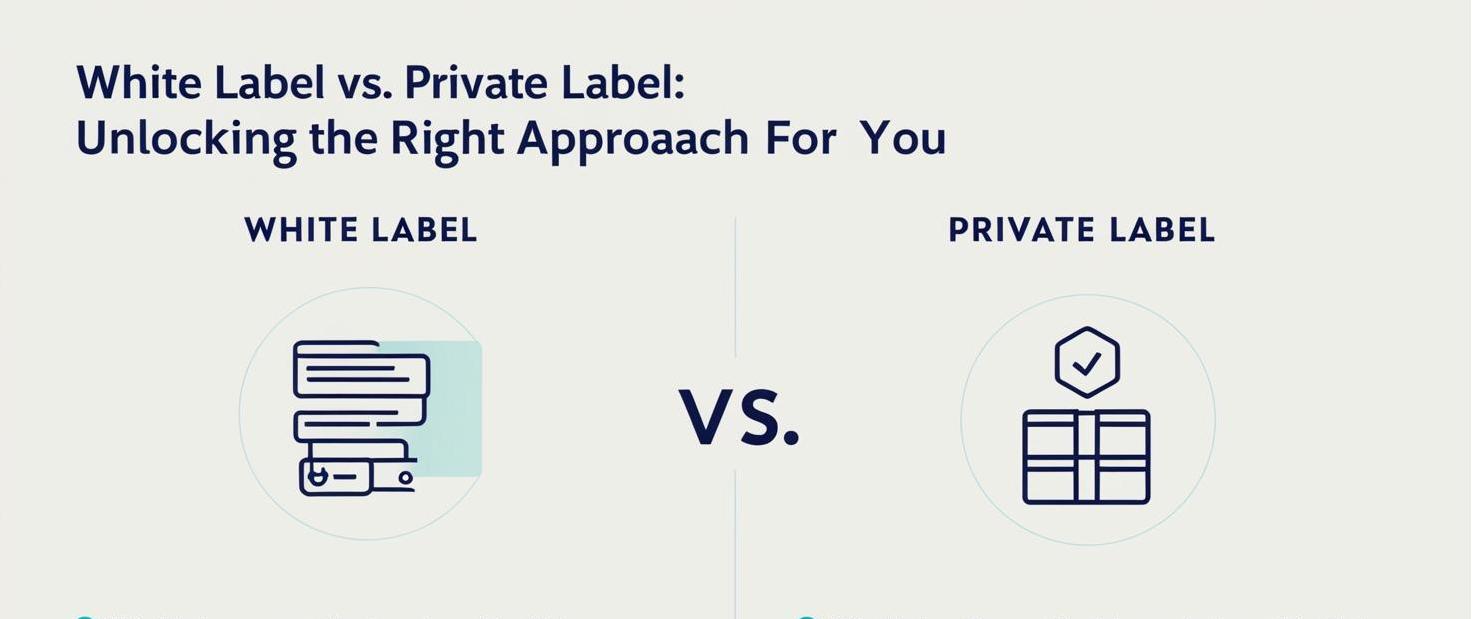
Private labeling is when a retailer or company partners with a manufacturer to create products sold under the retailer’s brand. This method lets businesses stand out without managing production challenges. X Sourcing links Amazon sellers with reliable factories to ensure private label products meet quality and budget needs. It’s a popular choice for e-commerce sellers aiming to craft a unique brand.
Generic brands provide simple products with basic branding, often at low prices. They focus on function rather than style. You’ll find them in sectors like pharmaceuticals or groceries.
Copycat brands copy the look or features of top brands but cost less. They offer budget-friendly options for shoppers. Businesses must watch out for intellectual property issues.
These high-quality products compete with top national brands. They appeal to customers who want value without losing quality.
Value innovators mix affordability with unique features. They attract buyers who seek innovation and savings. This approach helps businesses shine in crowded markets.
Private labeling brings several perks:
Private labeling has its hurdles:
White labeling means buying generic products from manufacturers and selling them under a new brand name. Unlike private labeling, white-label products aren’t customized. They’re ready-made and allow businesses to hit the market fast.
White labeling offers clear benefits:
White labeling has drawbacks:
Private labeling gives full control over branding, like logos, packaging, and marketing stories. White labeling offers less room to customize since products are already made.
Private labels allow deep customization to match consumer or market trends. X Sourcing helps Amazon sellers tweak designs through its partner factories. White labels, being standardized, offer less flexibility.
Private labels provide exclusivity with products competitors can’t easily match. White-label items, sold by multiple retailers under different names, lack this uniqueness.
Private labeling often needs more upfront investment due to customization. It can lead to higher profits through unique products. White labeling costs less initially but often brings smaller profits due to less differentiation.
Private label businesses closely oversee quality during production. X Sourcing ensures strict quality checks with factory audits and pre-shipment inspections. White-label models depend fully on supplier quality standards.
Choosing between white label and private label depends on how much customization your business needs. White-label products are ready-made. You can add a logo or brand name and sell them quickly. This suits businesses wanting a fast market entry with low investment. However, customization is limited. Standing out in competitive markets can be hard. White-label goods are standardized and lack flexibility.
Private labeling offers deep customization to meet specific market demands. You can adjust designs, packaging, or materials to create products that connect with your audience. X Sourcing supports Amazon sellers in modifying designs via its partner factories. This helps brands build a strong identity and keep customers loyal.
Your business’s time and resources shape your choice between white label and private label. White-label products need little time or effort. They’re already made and only need minor branding tweaks. This makes them great for startups or businesses with tight budgets.
Private labeling takes more time and money upfront. You work closely with manufacturers to create custom products. This involves designing, approving samples, and ensuring quality. X Sourcing offers fast turnaround, with 2-day quotes, 3-day samples, and smooth production follow-up. While this delays market entry, it often leads to stronger results through unique products.
Profitability matters when picking between white label and private label. White-label products cost less upfront due to their standard nature. But they may bring smaller profits. Many retailers sell the same product under different names, leading to price wars.
Private labeling requires bigger initial investments. Yet it offers higher profit potential. Exclusive products tailored to customers let you charge premium prices with less competition. Lower costs through X Sourcing mean more profit for your Amazon business. Working with trusted sourcing agents like X Sourcing ensures cost-effective buying without sacrificing quality.
Knowing your market’s competition is key before picking a branding strategy. In crowded markets with similar products, private labeling gives an edge. It lets you offer unique products that stand out. Private labels create exclusivity that competitors can’t easily copy.
White-label strategies work better in less crowded markets where speed matters. Ready-made products let you build a presence fast without heavy R&D or financial risk.
Market research is critical. It helps spot consumer needs and align your products to fill those gaps.
For tailored sourcing solutions that align with your business goals—whether private or white label—contact X Sourcing via WhatsApp: +86-135-8625-9561 or Email: info@xsourcingchina.com
A: White label means selling generic, pre-made products under your brand with little customization. Private label allows deep customization to meet specific market needs.
A: White-label models cost less upfront due to lower production expenses. But they may yield smaller profits over time. Private labeling needs more initial investment but can bring higher profits through unique products.
A: Yes, small businesses can use private labeling with help from sourcing agents like X Sourcing. These agents bundle small orders to meet minimum requirements affordably.
A: X Sourcing connects Amazon sellers with trusted factories. It ensures strict quality checks via factory audits. It provides free warehousing for up to two months. It also manages FBA prep and shipping smoothly.
A: Working with reliable sourcing agents like X Sourcing ensures strong quality control. This includes factory audits, production oversight, final inspections, and third-party lab tests if needed.